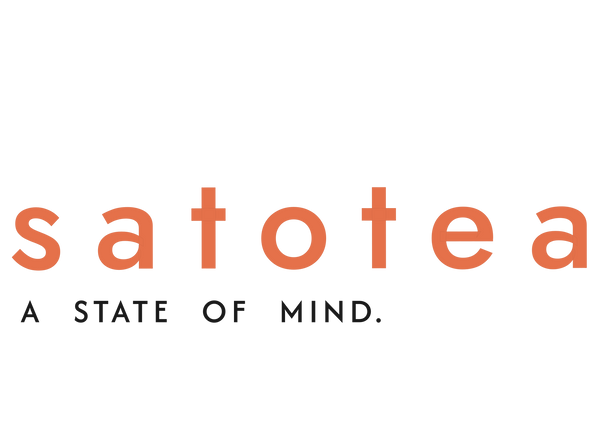The Essence of Traditional Tieguanyin Tea
Shao Yūgen
Master Zhang lives high up in the mountains of Muzha, Taipei, Taiwan. About five or six years ago I visited him to explore the essence of traditional Tieguanyin tea. Although I spent four years in college in Muzha, the only time I drank tea in Maokong was during a social event during my freshman year. Back then I had little interest in tea, let alone loose leaf tea. To me, Muzha was just a mist-shrouded mountain with a few nostalgic old streets and affordable food for students. It was only years later that I learned how famous Muzha’s Tieguanyin actually is.

I was filled with anticipation, eager to taste the traditional Tieguanyin I had imagined: moderately oxidant, traditionally charcoal-roasted with a medium to heavy level of roast, made from the Tieguanyin variety by a master craftsman, certified by numerous awards.
Master Zhang was warm and welcoming, brewing tea for me and proudly showing me around his carefully tended tea garden. The garden sat on the edge of the mountain, offering a wide, open view. As I took in the energy of the Muzha mountains, I couldn’t help but ask how he cared for the tea plants. His response has stayed with me: “Of course, you have to spray pesticides to grow tea. How else could the plants thrive? My garden is one of the few in Muzha that still grows its own Tieguanyin. Most others just buy leaves from elsewhere and sell them under their name.”

Five years later, I have since moved back to Taiwan from Berlin, shifting from drinking conventionally grown tea to wild farmed teas. On a recent trip back to Germany, I found the Tieguanyin that Master Zhang had given me years ago, tucked away in a box.
In that moment, memories of the air, mist, mountains, humidity, and the face of Master Zhang, along with his tea, all came flooding back. I was curious to see how time had transformed this tea.
As expected, the tea had developed a greater smoothness over time, though it still needed further aging to reach its full potential. But suddenly, I realized what had been missing before:
It was the tea’s “depth” or “substance”.

In contrast, most conventionally farmed tea is grown in overused soil that lacks nutrients, relying on chemical fertilizers. Their shallow roots easily access the nutrients they need, resulting in leaves with little substance.
If the tea plant lacks sufficient depth, no matter how skilled the craftsmanship, it will only change so much in flavor and richness, leaving something missing.

During the aging process, it’s not just the flavor that changes; you can sense a more profound essence from the soil, steadily deepening with layered complexity. The transformation is also more dynamic. In my experience, you can witness significant changes within a year or two, full of delightful surprises, making it ideal for aging.
Looking back, I remain deeply grateful for Master Zhang’s hospitality. Through tea, I reconnected with Muzha, a place that holds a special place in my heart. That mountain, after all, carried the bitterness, confusion, and hopes of my youth. Perhaps it’s this connection that has always made me particularly fond of Tieguanyin. Later, I encountered another unique Tieguanyin, but that’s a different story for another day.

